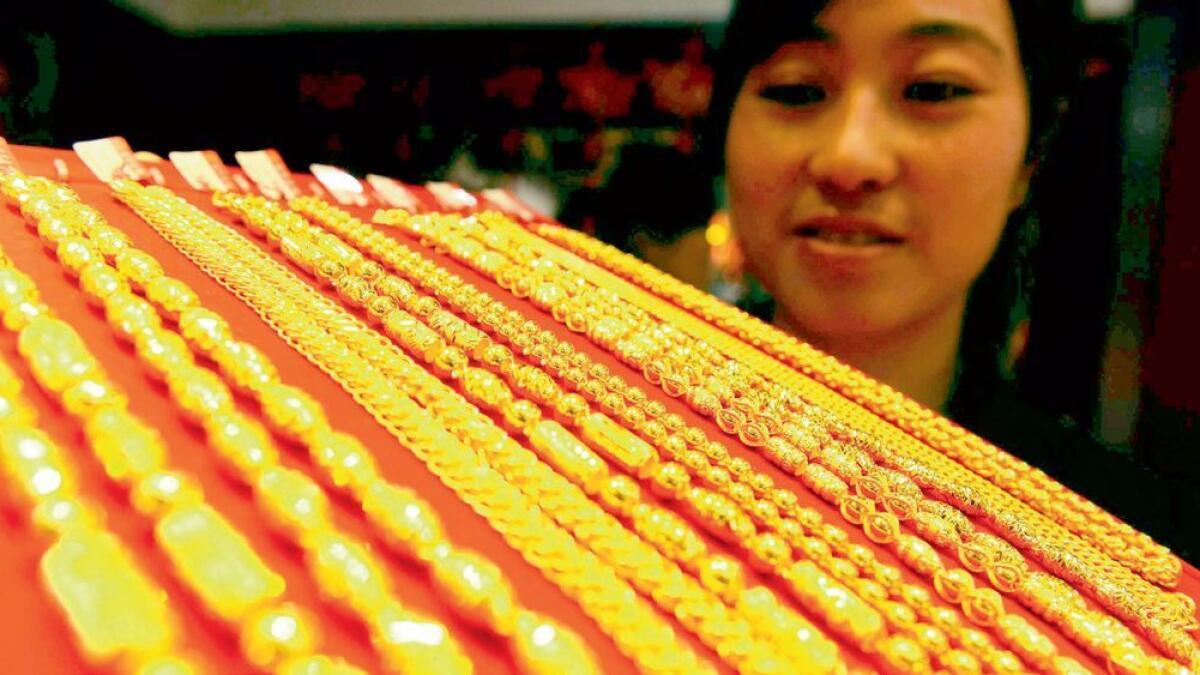
How To Reclaim Jewellery Given As Security Against Loans
ANSWER: Standardised rules have been formulated by several banks and non-banking financial institutions whereby heirs of those who have taken gold loans can repay the debt and claim the family jewellery and ornaments in the event of the borrower's death. In order to make the procedure uniform for all banks and institutions, a committee was constituted by the Reserve Bank of India to look into this matter. The committee has suggested that in case a borrower dies, notice should be sent to the nominee or legal heir of the deceased to ascertain if they want to settle the outstanding liability. The nominee who is authorised to repay the loan would have the option to do so and, in that case, upon the dues being settled, the pledged assets would be returned to him. This procedure is being put in place to avoid litigation among family members. Where there has been litigation, banks have auctioned the gold ornaments to recover the debt and the balance handed over to the legal heirs or deposited in Court if the litigation process had started. Of course, if the gold ornaments are auctioned or sold in the open market, the legal heirs of the deceased would be liable to pay capital gains tax and file the tax return as legal representatives.
Question: A few banks and some credit card issuing companies have been levied a fine as they have not complied with the guidelines laid down by the Reserve Bank. Has this benefited the public and made the system more secure?
ANSWER: Fines and penalties have been levied by the regulator after adequate notice is given to defaulting companies and they are given an opportunity of being heard. The Reserve Bank of India has acted prudently to ensure that its regulations are complied with and customers' interests are protected. However, in certain cases where the levy of fines and penalties has not had the desired effect, more stringent action has been taken of imposing business restrictions.
H. P. Ranina is a practising lawyer, specialising in tax and exchange management laws of India.
This is done by directing banks or credit card companies to refrain from doing additional business or issuing fresh cards to new customers. In the past, most of the compliance issues were technology-related and pertained to safety systems not being put in place. This has had the desired effect because placing of business restrictions impacts the institution's business and profitability. Further, business restrictions placed by the regulator have an adverse impact on the valuation of the institution as stock market prices take a hit. Extension of the term or reappointment of senior officials has also been kept on hold until the regulatory lapses are addressed. Therefore, to ensure statutory compliance and protect the interest of the banking public at large, all possible steps are being taken by the RBI within the ambit of the law.
Question: When I travel to the continent, I find that different cars which are found on Indian roads are also being used by Europeans. Has the automobile industry in India come of age?
ANSWER: The export of cars manufactured in India by well known international companies has been increasing year on year. Export of automobile components and critical parts has increased dramatically in the past ten years. Most Japanese car manufacturers have made India a key export hub to feed the global market. Cars that are exported from India are sold not only in Europe but in South America, Africa and Asian countries, notably Japan. The main reason is that the cars manufactured in India conform to safety and emission regulations of global standards. Further, the cost advantage is coupled with a commitment to high quality output. This is primarily due to the fact that India has established a robust ecosystem of hundreds of suppliers of high quality components and parts. Companies like Honda, Suzuki and others export almost 30 per cent of the automobiles manufactured in India. The domestic market is also growing at a sustainable rate which gives a cost advantage to foreign manufacturers who produce cars in India. The production of electric vehicles has also started at a feverish pace and even Chinese electric vehicle producers are setting up shop in India to take advantage of several opportunities which the growing Indian market offers.
H.P. Ranina is a practising lawyer, specialising in corporate and tax laws of India.

Legal Disclaimer:
MENAFN provides the information “as is” without warranty of any kind. We do not accept any responsibility or liability for the accuracy, content, images, videos, licenses, completeness, legality, or reliability of the information contained in this article. If you have any complaints or copyright issues related to this article, kindly contact the provider above.
Most popular stories
Market Research

- Manuka Honey Market Report 2024, Industry Growth, Size, Share, Top Compan...
- Modular Kitchen Market 2024, Industry Growth, Share, Size, Key Players An...
- Acrylamide Production Cost Analysis Report: A Comprehensive Assessment Of...
- Fish Sauce Market 2024, Industry Trends, Growth, Demand And Analysis Repo...
- Australia Foreign Exchange Market Size, Growth, Industry Demand And Forec...
- Cold Pressed Oil Market Trends 2024, Leading Companies Share, Size And Fo...
- Pasta Sauce Market 2024, Industry Growth, Share, Size, Key Players Analys...





















Comments
No comment